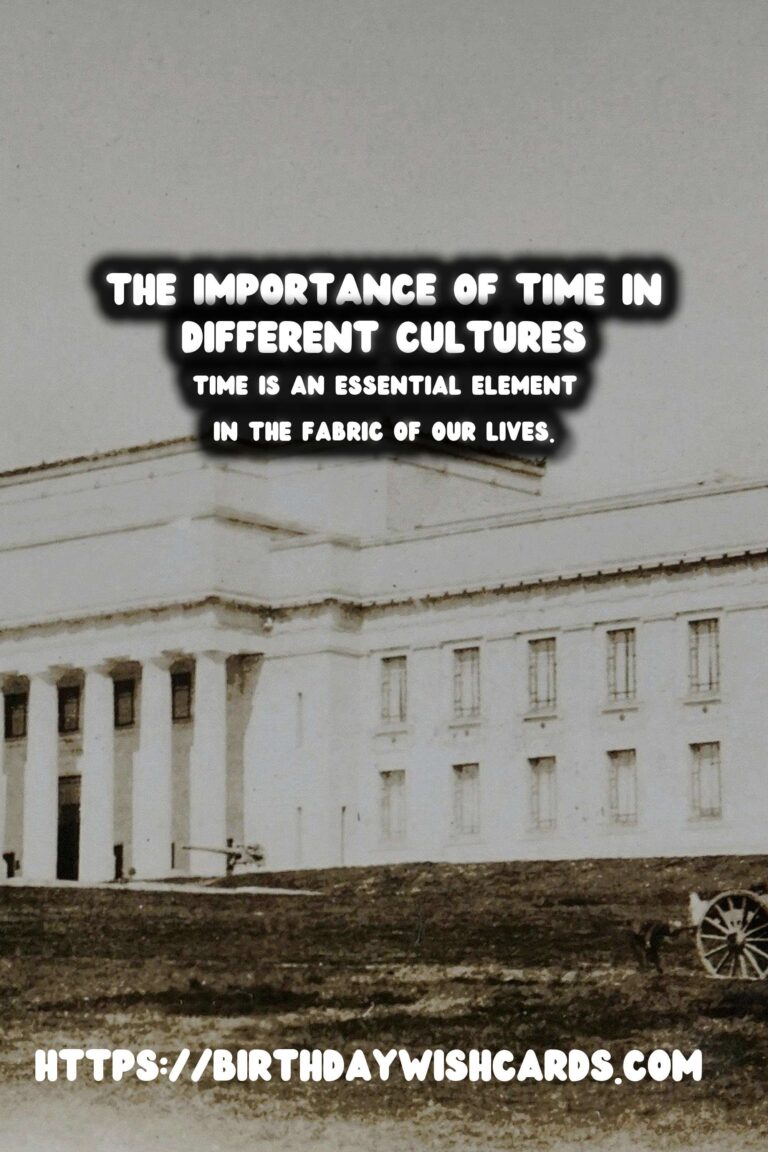
Time is an essential element in the fabric of our lives. Its measurement and understanding have been pivotal in shaping civilizations, technological advancements, and our daily routines. But what exactly constitutes the history of time, and why is it culturally significant?
Early Concepts of Time
Early societies relied on natural phenomena to gauge time, such as the rising and setting of the sun or the changing seasons. These cycles were crucial for agricultural practices, hunting schedules, and cultural rituals. Sun dials and lunar calendars were some of the first tools used to understand time.
The Impact of Time on Ancient Civilizations
As civilizations evolved, the need for more precise timekeeping became evident. The invention of more sophisticated calendars allowed ancient cultures to structure their societies more effectively. The Mayans, for instance, developed a complex calendar system that played a critical role in their social and religious practices.
Medieval Advancements
The medieval period witnessed the construction of astronomical clocks in European cathedrals, which not only told the time but also displayed celestial events. This period marked the beginning of time as a public resource, shifting from individual to communal ownership.
The Industrial Revolution and Timekeeping
The Industrial Revolution brought about significant changes in how time was perceived and utilized. Standardized time zones emerged to accommodate the burgeoning railway systems and facilitate synchronized communication.
Time in the Modern Era
Today, time is measured with atomic clocks, furnishing us with unprecedented precision. Digital technology has transformed time into a flexible commodity, allowing society to operate on a global scale.
Cultural Perspectives
Time carries diverse meanings across cultures. In some societies, punctuality is highly valued, whereas others have a more relaxed approach, highlighting the cultural significance of time beyond its scientific measurement.
Conclusion
The history of time is not just a chronicle of technical evolution but a narrative of human culture. It serves as a reflection of societal priorities and advancements, underscoring its deep cultural significance.
Time is an essential element in the fabric of our lives. These cycles were crucial for agricultural practices, hunting schedules, and cultural rituals. 









#Time #CulturalSignificance




